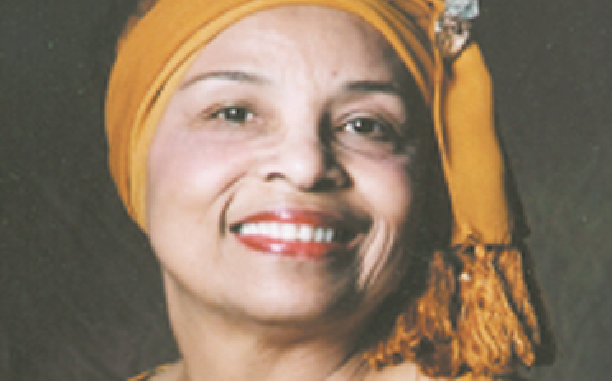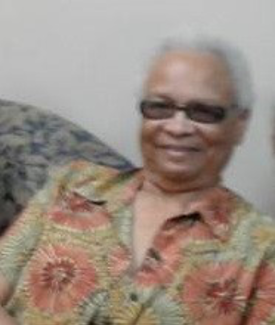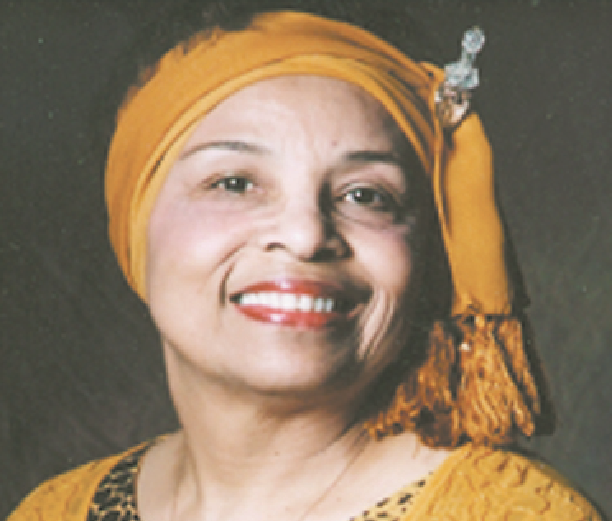
By Christopher Young,
Contributing Writer,
On March 15, 1965, President Lyndon Johnson addressed congress, asking them to pass the Civil Rights Act. He began, “I speak tonight for the dignity of man and the destiny of Democracy. I urge every member of both parties, Americans of all religions and of all colors, from every section of this country, to join me in that cause. At times, history and fate meet at a single time in a single place to shape a turning point in man’s unending search for freedom. So it was at Lexington and Concord. So it was a century ago at Appomattox. So it was last week in Selma, Alabama. There, long suffering men and women peacefully protested the denial of their rights as Americans. Many of them were brutally assaulted. One good man – a man of God – was killed. There is no cause for pride in what has happened in Selma. There is no cause for self-satisfaction in the long denial of equal rights of millions of Americans. But there is cause for hope and for faith in our Democracy in what is happening here tonight.”
Yet just look at us today, fifty-nine years later. See the divisions, tribalism and head-on assaults of cherished and hard-won freedoms. Certainly, our nation saw gains in freedom, equality and racial equity – but now these principles are under attack yet again. It’s now common to hear people uttering the words, “We’re slipping back in this country, or we’re falling back.”
Suppressing voting rights, gutting affirmative action, dismantling diversity and equity programs, are just the tip of today’s white-power surge. The Federal Reserve Bank of St. Louis’ most recent survey of wealth, using data from 2022, shows that, “as a group, white families owned 85% of total household wealth but made up 66% of households, and that, as a group, Black families owned 2% of total household wealth despite making up 11% of households, and that, Black families had 16 cents per dollar of white median wealth.” Their February 7, 2024, report demonstrates that wealth continues to be distributed unequally in the United States, that the wealth gap is far worse today than when the Civil Rights Act was signed into law.
In troubling times, we know the value of listening to those who have already been down this road. The Mississippi Link newspaper reached out to three such people to listen to what they had to say about these “falling back” times, and we are very grateful to them.

Hazel Janell Meredith Hall, a sister of the great James Meredith, focused on sticking to the basics and building a good foundation. “Nothing is more important than teaching our children the ABC’s, their numbers, and how to read. Education is most important and modern technology is no substitute for that. My father, Moses Arthur “Cap” Meredith, had to work so hard because he couldn’t get the jobs he wanted because he did not have the education.”
She also spoke about parents needing to teach their children to obey. She referred to these basics as essential disciplines and believes they are connected to us falling back. She didn’t hold back about difficulties in Jackson – lack of decent stores, diminished tax-base, so many people earning their money in Jackson and then spending it in the suburbs. She said it seems like many who get jobs in Jackson have to do two things, obey and keep the rest of the folks down. She emphasized people using their brainpower to push harder, to learn more, and do things with their lives that are relevant. “Writing a book is a way to expand your brainpower.” She mentioned visiting Mr. Meredith earlier in the day and reminded us of his phrase, “in order to enjoy the rights and privileges of citizenship, we must assume and carry out all the duties and responsibilities of citizenship.”

Richard Anderson, Jr. was just ten years old when his father opened a juke joint now located on the S. Frontage Road in Clinton. In Mississippi’s caldron of boiling racism, Dick’s Place was a safe place for African Americans to gather. Now at 85, he shared, “There’s not a lot of us left. But right now, we’re in a tough place. I don’t have the answers. I wish I did. I see what’s going on now. I easily recognize it, but I don’t have a way we can solve it. I just don’t have the words to tell the younger generation, except one thing – be careful. The younger ones are in a tough spot in a way because they haven’t been in a struggle like we were – the harassment that we had to go through, especially my daddy’s generation, had to fight against these things. There is a fear among white people about their population going down, that’s what’s behind this whole Trump thing. I wish I had an answer besides to be careful.”

Dr. Flonzie Brown Wright shared that “Younger people have to understand, in-depth, the residual effects of slavery. When we were uprooted as slaves, we were often kings and queens. It was never intended for African Americans to have equality. Young people don’t want to hear the stories, they say it’s old-fashioned and out of date, but these stories are the truth and have kept us in good standing. The sacrifices then allowed the opportunities they have today.” She emphasized having to learn from books that were several years older than what the white kids had. She spoke about being taught by those that had sacrificed – “their wisdom, their mother-wit endowed us with intuitive foresight.” She highlighted the lack of equality, reminding that “We were riders when we came here. How do you mesh the rider syndrome with the driver syndrome. They have all the power.”
She shared about the pitfalls today of giving our kids everything, and everyone seeking instant gratification. She counsels that “Because there has been a break in heritage, legacy and continuity, we need to constantly assure our children that they are loved and special and there is nothing they can’t do if they apply themselves. Also, that the journey will be challenging and uncertain.”
Brown-Wright stressed the words elevate, empower, encourage and educate, and never letting them lose hope.

Be the first to comment